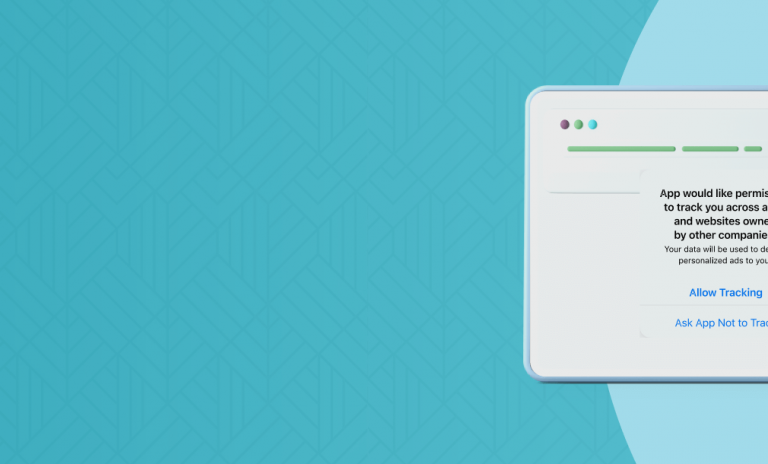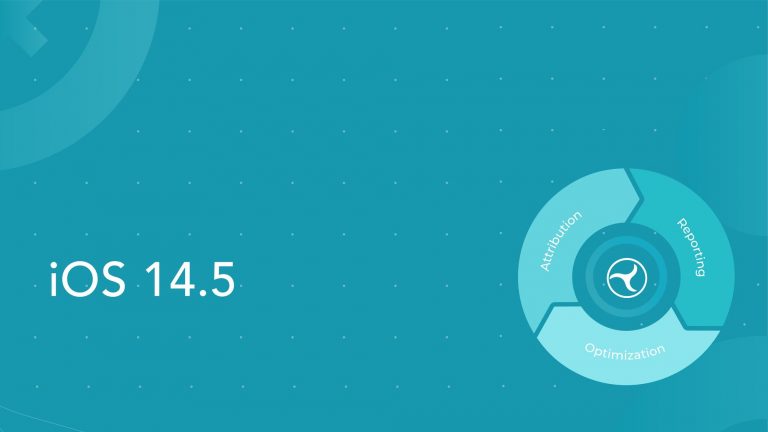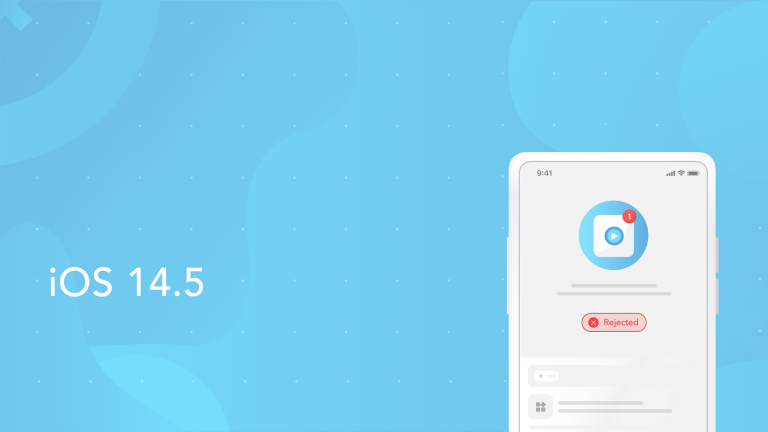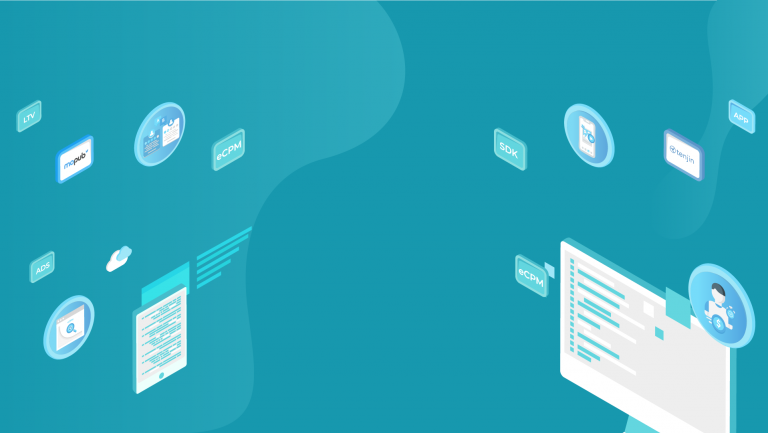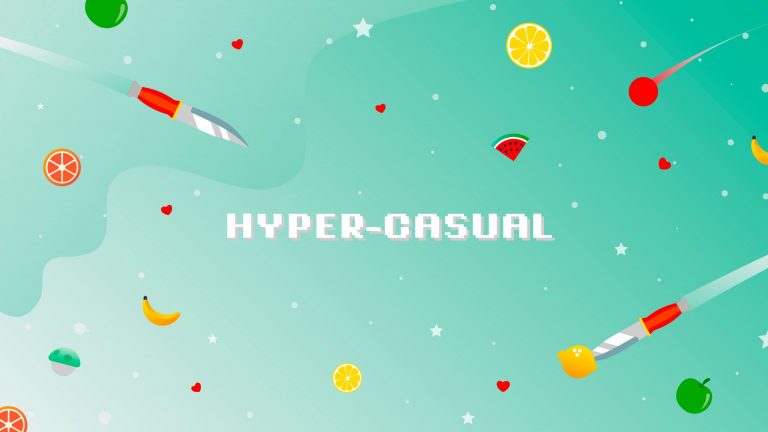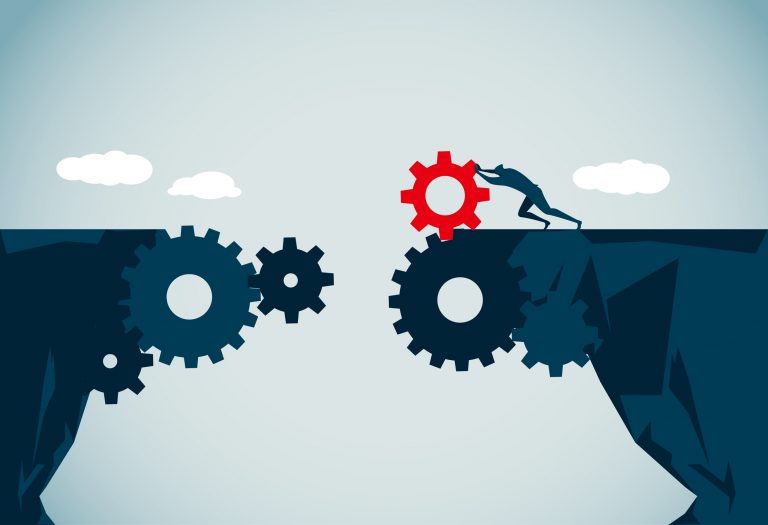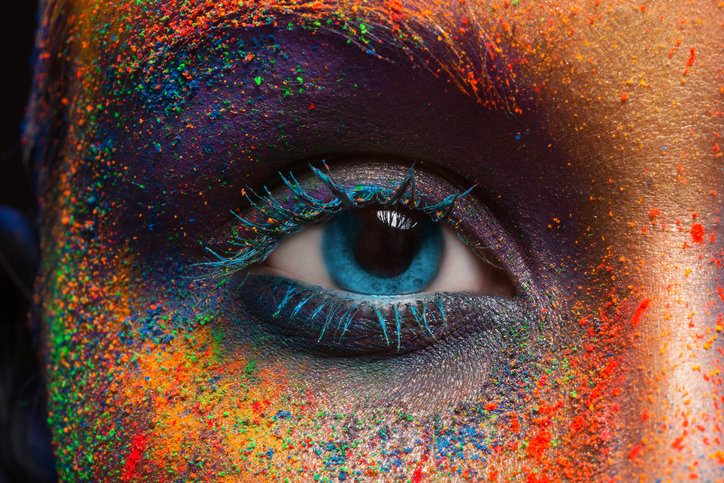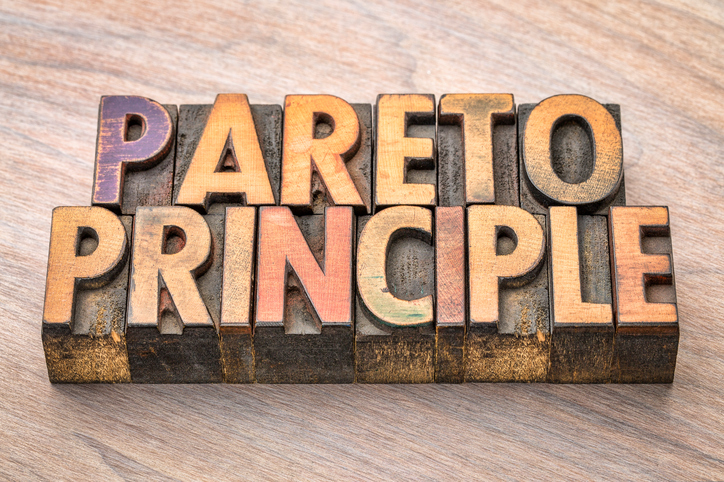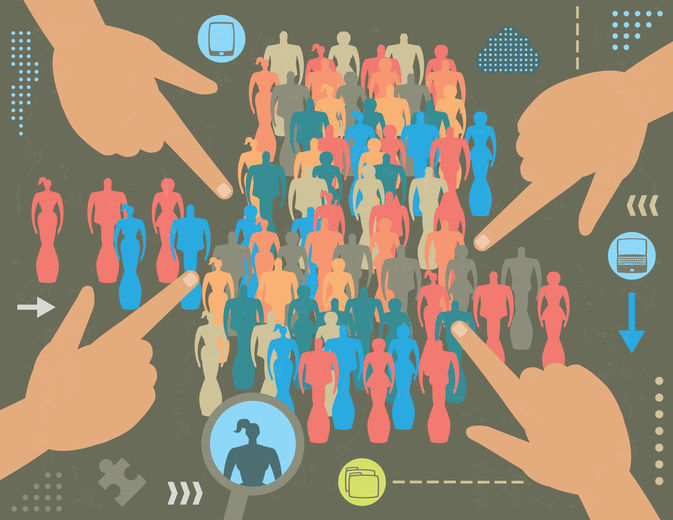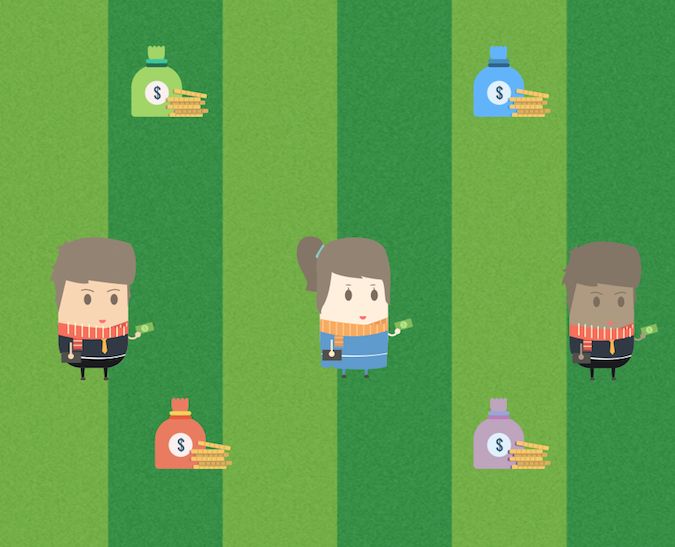Tabarak Paracha
Август 1, 2023
We invited Ioana Hreninciuc, Co-founder at PicFinder – a unique web-based AI software for text-to-image generation, to help answer the question:
“How can AI help simplify the lives of mobile developers?”
Of course, this question might sound a bit broad, but fear not, we’ve broken it down into 3 stages. These stages include:
- Stage 1: The developer is just starting to develop a game
- Stage 2: The developer has developed their game, and starts to work with a mobile publisher
- Stage 3: The developer starts to (or decides to) self-publish
So let’s dive right in to see what Ioana had to say about each of them.
Stage 1: The developer is just starting to develop a game
“For this stage, Unity has released a lot of capabilities to code with AI and build your game.
It is still important, however, to have a clear idea of what you want to build (or what you can build). The industry knowledge still has to come from you. Tools like ChatGPT and other gen AI should be used to give you generic ideas.
AI can also assist you with asset generation. You can get images for your background, and your characters with tools like PicFinder. You can also get music and voices generated, and code written for your game. You can also use AI to start to generate 3D assets for your game.
There is a lot you can do with AI, but it is not going to replace you being a great gaming professional that has done the research and wants to build a certain kind of game.
One tool I can think of that would be useful for this stage is Lunar Eye that can help with ideation.”
Stage 2: The developer has developed their game, and starts to work with a mobile publisher
“Usually each publisher will have their own process at this stage. Usually the process is that they will test your game, and if the game is successful—just with the basic metrics like it has enough play time, retention etc—then they will look at optimizing the game by a) increasing the metrics, and b) improving the marketing (by optimizing the creatives).
During the hyper-casual days, there was a concept of “rushing to publish” so you don’t get copied. When there was a rush to launch your game, you would end up with a mess of spaghetti code. One of the ways you can use AI to help with this is using a tool to have ‘code health checks.’
I would actually recommend that people do these ‘code health checks’ to ensure long-term success for their game. When you’re rushing to publish your game, you find yourself in a spiral of “I need to make my game better but right now I’m launching so I’ll do it later” but oftentimes, this moment never arrives, resulting in game degradation. But if you build it with better quality from the beginning using these code health checks, you’re able to add features in a healthier way and keep the game growing. This is one of the major things that impacts mobile developers but I don’t see that this is talked a lot about in the industry.
Another thing is that AI can make the process of localization much easier and faster. Usually the publisher helps with localizing your game, your audio, creatives, etc at this stage – and now AI can be used for all of these things.”
Stage 3: The developer starts to (or decides to) self-publish
“The advantage of starting a studio now is that you can start off in an AI-native way. This means you do not have any tools that you’ve built that you’re tied to, and you can just go full AI.
Half Moon used a perfectly scalable model for their Picture Quiz game because you can generate both the images and the text with AI, and you can A/B test them to death and find the best content that has the best retention, best images, and so on.
I would also say, to be able to start publishing mobile games so fast brings pressure to keep innovating to be ahead of the curb. I believe, the edge is not in using AI specifically, because all of these tools cost 50 bucks altogether. So anybody can use AI. It’s more about how you can use these tools to generate something that is unique. I think this is also the case with ChatGPT. I think all of these experiments need to evolve into using AI to increase the quality of the content.
Publishers test hundreds of prototypes a month. And the moment there is a successful AI game that can be easily copied, it will be copied to death. The advantage will be lost very quickly. But there is still an advantage in being the first to create it. And there is also an advantage in being AI-native and not thinking like everyone else is thinking.”
Stay tuned for more on generative AI tools
This isn’t all we asked Ioana to share her expert opinion on. Stay tuned to learn more about:
- How to write a good prompt using AI?
- What are the most common pitfalls for developers that use AI?
- What are some workflows that developers should still be doing manually, without the help of AI?




























